Abstract
The “Heart Disease Prediction” project is a Python-based health assessment tool that predicts the likelihood of heart disease in individuals using key health indicators such as blood sugar, alcohol intake, physical activity level, weight, age, and systolic/diastolic blood pressure. The system uses machine learning algorithms to analyze user data and provide real-time predictions. In case of a high risk, it goes a step further by recommending nearby doctors using Google Maps integration based on the user’s location. This project not only aids in early detection and prevention but also bridges the gap between diagnosis and medical assistance, making it a practical tool for modern healthcare.
Synopsis
Title: Heart Disease Prediction Using Python and Location-Based Doctor Recommendations
Technology Stack:
-
Python 🐍
-
Machine Learning (scikit-learn)
-
Pandas, NumPy for data processing
-
Google Maps API 🌍
-
Streamlit (optional for GUI)
Objective:
To develop an intelligent and accessible tool that predicts heart disease probability based on user health data and provides immediate doctor recommendations near the user’s location.
Key Features:
-
🔍 Predictive Analysis using trained ML models for risk assessment
-
💉 Inputs: Blood sugar, alcohol intake, activity level, age, weight, blood pressure
-
🧠 Real-time Prediction: Outputs a probability score indicating heart disease risk
-
🗺️ Doctor Recommendation: Suggests nearby healthcare professionals using Google Maps API
-
🖥️ Simple Interface for non-technical users (optional GUI using Streamlit)
Modules:
-
Data Input Module: Collects health-related user inputs
-
Prediction Engine: Uses ML model to assess risk
-
Recommendation Module: Finds and displays doctors on Google Maps
-
User Interface (optional): Provides a user-friendly dashboard
Conclusion:
This project is a powerful example of using data science and location-based services to create a smart, health-focused application. It not only predicts disease risk but also guides the user toward medical support, offering a real-world impact in preventive healthcare.


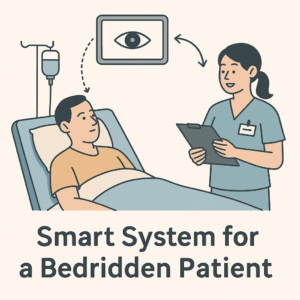
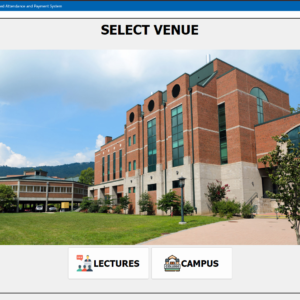
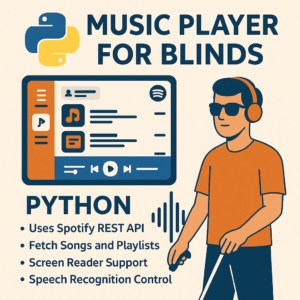
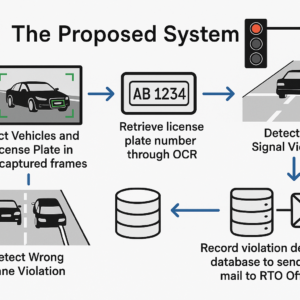
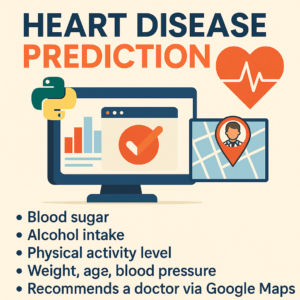
Reviews
There are no reviews yet.